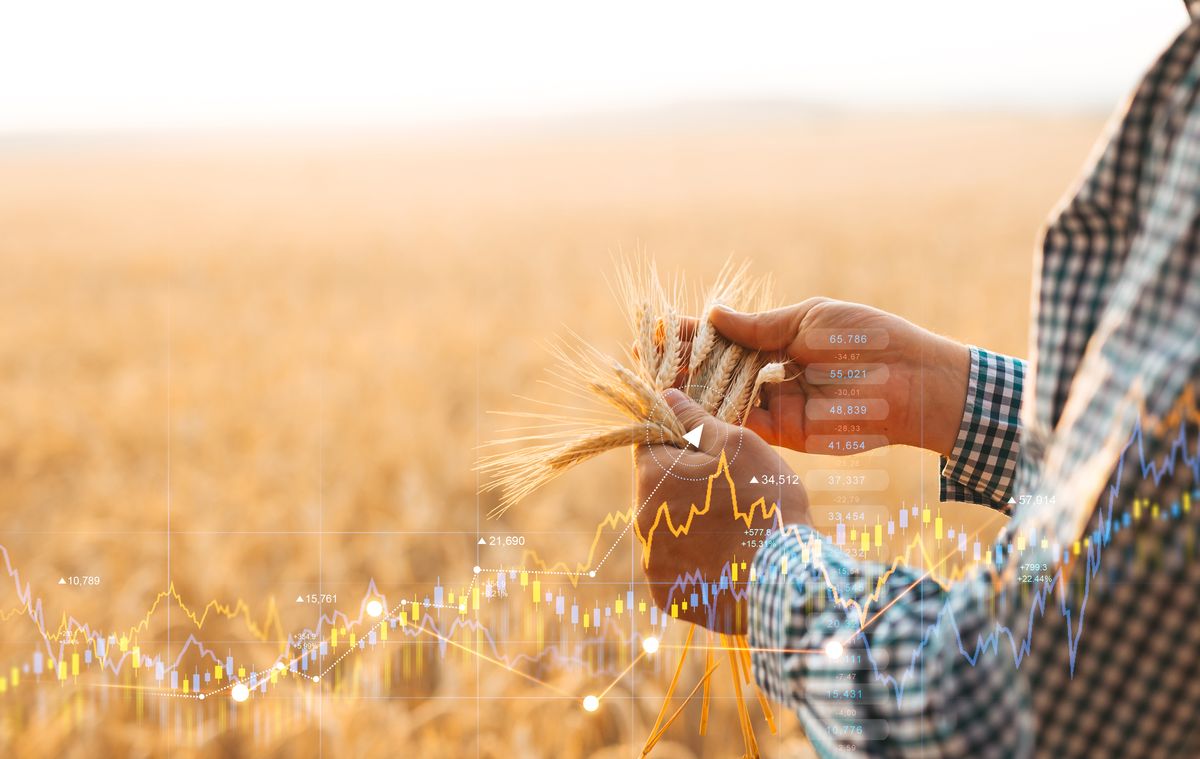The Ministry of Agrarian Policy of Ukraine forecasted a decrease in losses from growing grains and oilseeds

According to the results of 2023, Ukraine is expected to reduce losses in the agricultural sector from the cultivation of grains and oilseeds, but the production of three of the five main crops will remain unprofitable.
According to the Ministry of Agrarian Policy and Food, citing the results of a study conducted with the support of the Global Facility for Disaster Risk Reduction and Recovery (GFDRR), administered by the World Bank, and in cooperation with the Ukrainian Agribusiness Club, profits are expected from soybean production, although it currently occupies only 11% of total acreage.
A small profit is also expected from the production of sunflower seeds.
As for livestock farming, it will remain generally profitable, with the exception of cattle production in live weight.
Although in 2023 there will be a recovery of profitability for some crops, as in 2022 the cultivation of all types of grains and oilseeds was unprofitable, we should not forget that the 2021 season was very successful for Ukrainian grain and oilseed producers. […] The success of 2021 has created resources for sustainability in 2022, while at the beginning of 2023 the margin of safety of the agricultural sector was much smaller,” the report says.
Export logistics, devaluation of the hryvnia, and rising prices for inputs had the greatest impact on the profitability of Ukraine’s agricultural sector in 2022-2023.
While before Russia’s full-scale invasion of Ukraine, 95% of grains and oilseeds were exported through Black Sea ports, from February to August 2022, agricultural products were exported only through Danube ports, railways, and roads to/from EU countries with very high transportation and transshipment costs.
The Black Sea Grain Initiative resumed exports through Ukraine’s Black Sea ports with a total of 33 million tons from August 2022 to July 2023, which contributed to lower global food prices and supported the capacity of the Ukrainian agricultural sector. Consequently, the suspension of the Black Sea Grain Initiative in July 2023 had a negative impact on the export of domestic agricultural products.
“During the first months of the war in 2022, the hryvnia devalued by 30% at the NBU rate, and even more at the commercial rate. Due to the devaluation of the national currency, the costs of such components of production costs as land rent, labor costs, a single tax of the fourth group, etc. decreased, but the prices of resources such as fuel, fertilizers, plant protection products, spare parts and seeds with a fixed price in US dollars or euros increased,” the Ministry of Agrarian Policy explained.
Complications in the logistics of importing inputs, coupled with high energy prices in 2022, led to additional costs for fuel, fertilizers, and crop protection products.
In 2023, the situation with most inputs stabilized, and prices declined slightly. However, they did not reach the level before the full-scale invasion. As a result, the use of material and technical resources, especially fertilizers, decreased.
As for other cost components, land rent in 2022 in national currency was the same or slightly higher than in 2021. In 2023, the level of land rent increased by about 5-10%. Most farms were unable to increase wages in 2022 and kept them at the level of 2021 in hryvnia equivalent.
In 2023, many farmers increased labor costs by 10-20% to partially offset inflation and hryvnia devaluation, as well as to motivate employees.
The key factors affecting Ukrainian agriculture in 2023-2024 will be: price developments on export markets, the possibility of exporting through the Black Sea and/or the EU, weather impact on yields, logistics costs, access to finance (availability of affordable loans), energy prices and availability, and the dynamics of the hryvnia exchange rate.
Read also
Wheat in Southern Brazil Impacted by Dry Weather and Frosts
Oilseed Industry. Leaders and Strategies in the Times of a Great Change
Black Sea & Danube Region: Oilseed and Vegoil Markets Within Ongoing Transfor...
Serbia. The drought will cause extremely high losses for farmers this year
2023/24 Safrinha Corn in Brazil 91% Harvested
Write to us
Our manager will contact you soon



